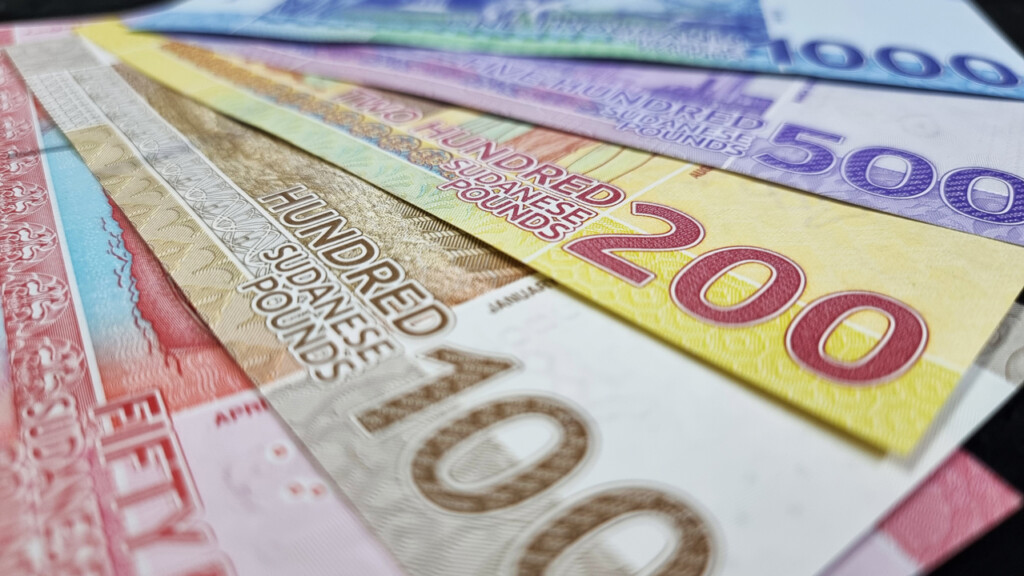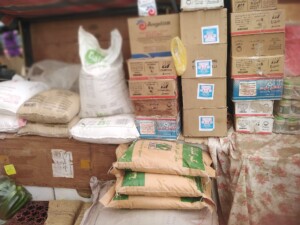Sudanese Pound hits new all-time low

Sudanese Pounds (File photo: Andrew Bergman / RD)
The Sudanese Pound continues its nosedive against foreign currencies, attributed by traders and economists to an increase in demand for the US Dollar. The greenback was trading for SDG950 on the parallel market yesterday, while the official USD rate quoted by the Bank of Khartoum jumped to SDG710, and Omdurman National Bank quoted SDG750. This represents an increase of SDG10 from Monday and a rise of more than SDG60 in one week.
Foreign exchange traders consistently attribute the fluctuating exchange rate to growing demand for the Dollar.
“It seems that there is a huge mass of local currency, that someone has injected into the market, that is being converted into foreign currencies to meet obligations outside Sudan,” he told Radio Dabanga.
Speaking to Radio Dabanga in September, banking expert Mohamed Esmat attributed the sharp decline in the value of the pound to the increasing demand for the dollar in pursuit of imports that require foreign currency.
Yesterday, the Central Bank of Sudan (CBoS) set limits for transferring money via phone applications. The daily maximum for a regular account has been set at SDG6 million, and a ‘privileged’ account at SDG10 million. The monthly limit for a regular account is set at SDG100 million, while a ‘privileged’ account may not exceed SDG200 million a month.
Esmat predicted that the decline of the Sudanese Pound will continue during the coming period, as there are large amounts of local currency in the hands of sellers, and is expected to continue the process of what he called “lawlessness” in the market.
In addition to the traditional reasons for the devaluation of the currency, such as lack of exports, weak production, revenues, and others, people feel the absence of the state and its institutions concerned with preserving the value of the currency, which led them to resort to dollars or foreign currencies as a store of value in the event of obtaining cash, he said.
Other assets of value, such as gold and land, are vulnerable to loss due to insecurity across the country, Esmat said.
Economist Hasan Bashir warned that the collapse of the Sudanese Pound (SDG) “could catch up with the Lebanese Pound if the war continues,” indicating that Sudan is “on the brink” of collapsing.
In an interview with Radio Dabanga last week, Bashir predicted that “the impact of the war will continue for decades even if it stops now,” indicating that reconstruction will require huge resources.
He added that “the response of the international community to the government that is formed after the war depends on it being a credible civilian government,” and that “it is likely that the economic situation will continue to deteriorate in the event of the formation of a government that is not accepted by the international community”.











 and then
and then